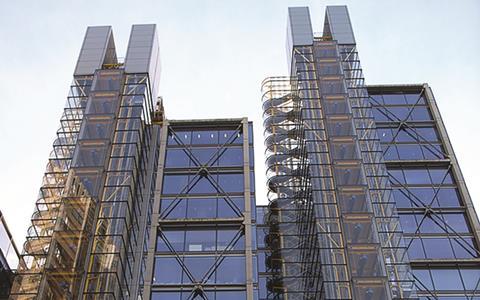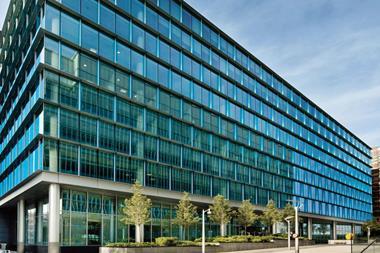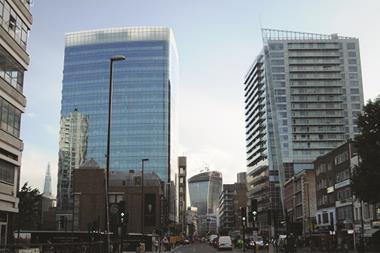David Parsley makes the point that Far East investment is still flowing into the UK despite restrictions; indeed UK property assets will be at the top of many Chinese New Year wish lists.

The Brexit effect is less pronounced for such investors, because they tend to take a long-term view of market fundamentals and continue to purchase office blocks in the City despite occupier demand being most vulnerable to a loss of passporting rights.
New Chinese regulations imposing greater scrutiny, and therefore potentially delays on outbound investment from China, are being introduced. However, these regulations are to cover deals worth more than $1bn (£800m) and most outbound UK deals fall below this threshold.
It is possible that restrictions on the top end would result in Chinese investors taking a more cautious approach for large transactions, particularly when outside the investor’s core business.

In general, however, there is little to suggest a subdued appetite this year in prime UK real estate assets from China and Hong Kong – quite the opposite in fact. Investment volumes (particularly in London) are constrained by lack of supply, not lack of demand: fewer assets being put on the market.
This is of course a function of a mismatch in pricing expectations but sales of prime assets with good tenant covenants are still attracting multiple bids, including from a variety of Chinese/Hong Kong investors.





























No comments yet